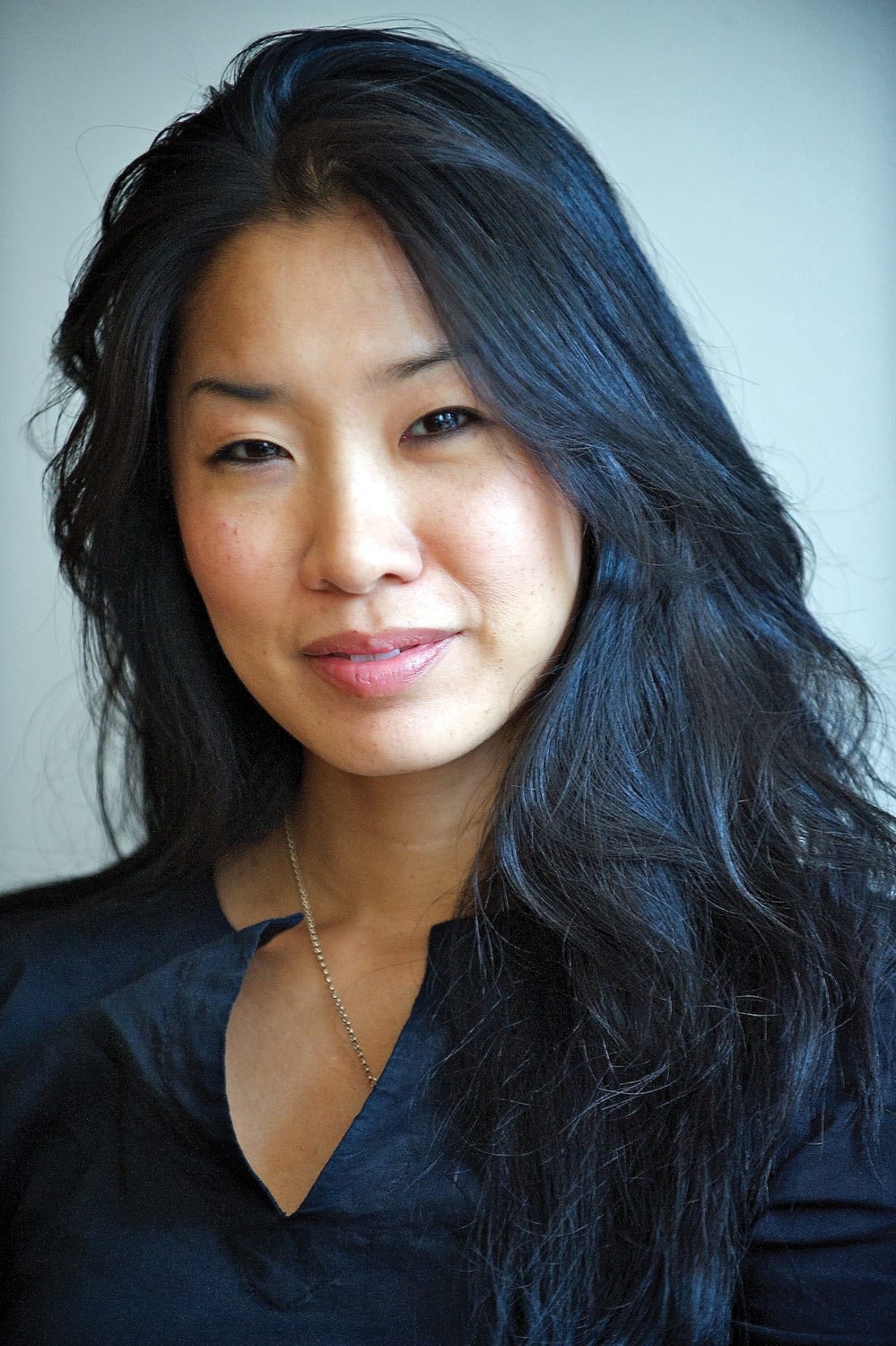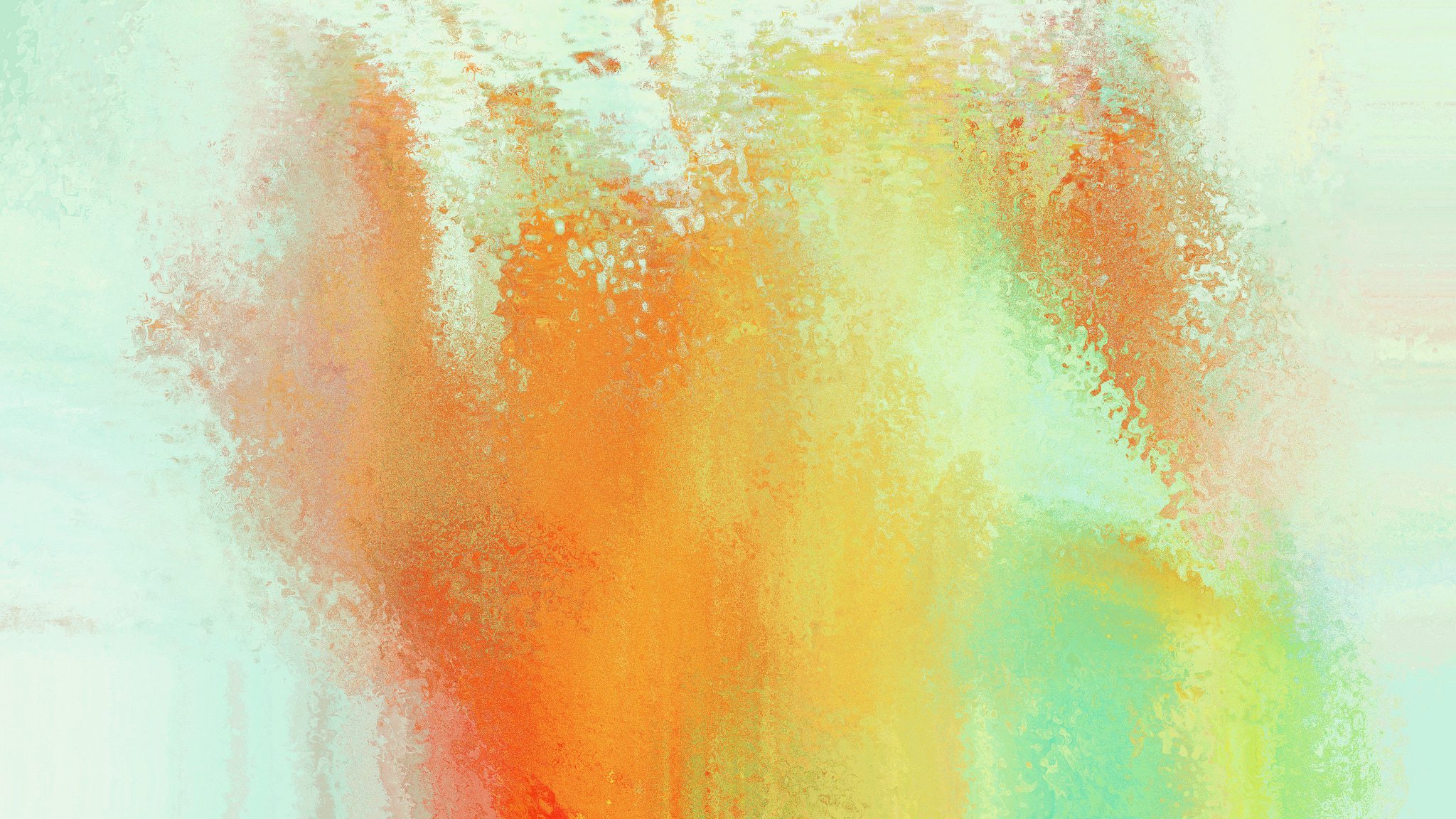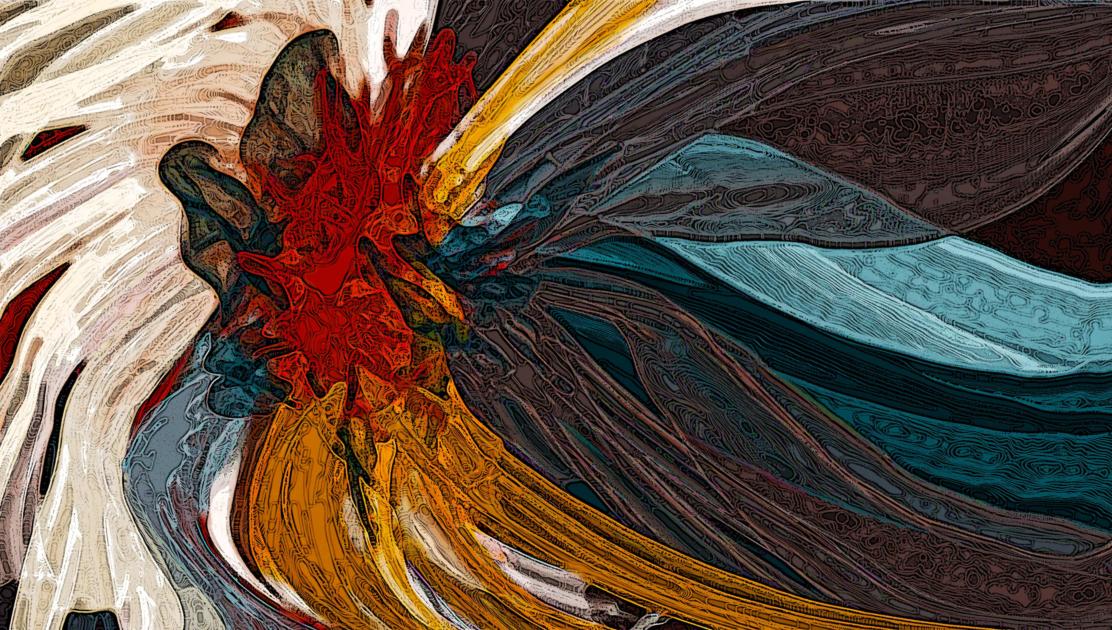A Complex Collision of Selves
An Interview with Tina Chang
By Theresa SullivanTina Chang is the Poet Laureate of Brooklyn and the author of two collections of poetry, Half-Lit Houses and Of Gods and Strangers. In one poem, she’s declared “I am placing myself in danger all the time” as she crafts her work fearlessly across forms and across histories. Her poems continually reveal the significance of the complex intersections of class, race, sexuality, place of origin, culture, family, ability, and other identities that converge in each of us. She recently shared some of her thoughts with us on hybridity, identity, and mindful attention to writing and to our world.
How do you define hybridity and how does it emerge in your work?
I come from a history that was and continues to be mixed. The word hybrid means mongrel or a creature of mixed breed, and this phrasing is challenging for those who have always felt a complex collision of selves, histories, and, particularly, languages. My parents came from China and migrated to Taiwan, ultimately arriving in the U.S. I was born in America, contributing to a long line of mixed culture, crossed boundaries, the collaborative and sometimes combustible nature of words. If I grew up with dual language, dual identity, how can anything ever feel fluidly unified?
While my first book tackled what felt to be the haunted nature of my past, my second collection was a larger leap to make sense of the past in dialogue with the future, and that’s a hybrid form as well. How does time speak with all its tongues, all its various belief systems, volatile ideas, and ever changing politics?
How has your experience of hybridity changed over time?

Poet Laureate of Brooklyn Tina Chang | Courtesy of Tom Callan
Time, I believe, is the largest collaborator when it comes to hybrid forms. How does a writer create that sense of movement of minutes, hours, and years that add up to a lived or imagined experience? Form can answer to that. Form in its many vessels, shapes, outlines, music, and sound structures can reveal something about that lived experience.
The fragmentation in this form speaks to me so deeply now as it welcomes in a sense of randomness, collage, a piecing of memory and imagination in ways that feel liberating. I sometimes find that the liberation of my imagination is all I have when my body feels so deeply and catastrophically confined in the U.S. presently. I have to build, speak, and write my way through many of my darker and complex phases. Never a stranger to discomfort, I gravitate towards varied forms such as zuihitsu, pecha kucha, erasure, re-imagined ekphrastic poems, the lyric essay, journalism in conversation with poems, fairy tales in conversation with lyric, film in dialogue with visual art—much of it isn’t entirely new, with some in existence for hundreds of years, but it’s the way they are being imagined now, with such an individual hand, that is so fascinating to me.
This kind of liberation, an exploration of hybrid forms, has often been led by women—from Maggie Nelson and Claudia Rankine to Anne Carson and Robin Coste Lewis. Writers who are othered in some way often forge the way into new forms. Are there any connections for you between your own experiences of race and gender and the draw you feel towards hybridity in your writing?
You named female writers I respect so deeply. It’s hard to imagine a writer’s life without their influence. There are others such as Kimiko Hahn, Wang Ping—who writes in every form—and Hung Hung. I’m impacted by international writers as much as I am by American poets. Some of those writers, in their reinvention of form, have been censored politically throughout much of their lives. I am attracted to and inspired by the notion that strife, unrest, and government control can lead to reactionary and astounding art. So when we speak about other, we really have to welcome in the realm of bodies that fall into the category of being outside a white patriarchal framework. This means the immigrant body, the LGBTIQ body, the female body, and, without doubt, bodies of color.
Recently, at Sarah Lawrence College’s Poetry Festival, Rachel Zucker said “Motherhood is a hybrid form and there aren’t a lot of discussions about this.” When I heard her statement, I felt like crying, as if someone gave voice to what I had been feeling all along as a mother. The fusion of artistic forms is made manifest through this lens of motherhood for me. Raising a boy who is black in this country makes me question every aspect of myself, down to muscle and bone, down to a cellular level. As I raise my son and daughter, my perceptions of self—my mother self, daughter self, writer self, or whatever selves we can actually name—are always in movement. I am not the same person I was yesterday. My poems are giving me space to interpret this force.

It’s clear that our discussion of hybridity, then, is both about the page and the personal. You’ve said before that “‘I’ am never ‘me’ in my poems.” Yet of course, poets always struggle with the reader’s assumption of first-person experience that results from the intimacy of poetry. Do you think hybrid forms allow for more freedom with persona, for the “I” to not necessarily be the poet?
What I love about the writer/reader experience is that either party can do whatever they please. I might not mean “I” at all but if a reader assumes this and if it helps them to walk into the universe of a poem, this is a personal and rich relationship to have. If in other poems, I really do mean “I” and a reader would instead like to read themselves into a situation, this is the magic of pronouns. I love to feel this involvement as a reader, a call and response effect that pronoun embodies. The word “body” in “embodies” is important here as every pronoun assumes a body. “You” has a feeling attached to it; it’s intimate, tricky, and difficult. It can call on a beloved, an enemy, a mysterious and unnamed “other.” It can call one to action but it’s really up to the reader to interpret that.
So is this interaction between poet, speaker, and reader also part of what makes a form hybrid?
Hybrid forms are open forms that leave fences open. They are wide fields with snow leopards, wolves, and honey bees. Nothing really makes sense and through the fusion of unlike things—always the goal of poetry—we are surprised by the imaginings, the forms they take, the explosions that can occur, and how both a writer and reader’s expectations can be thwarted. I think the “I” is never truly the “I” with the poet’s face, hands, and material self. If that were so, poems would be too limiting. Hybridity, though, allows for constant shifts of light and perspective. It allows for a space to be wounded, sutured, broken open again, and then untied to float to an elsewhere.
Poets are frequently asked about how to make poetry more relevant, particularly in this political climate—although, of course, poetry has been “relevant,” truthful, and bold for a long, long time. Do you hear these questions often as Brooklyn Poet Laureate? Why is it that poets are made to justify our their existence while simultaneously being asked to offer what’s needed in a certain cultural or political moment?
I feel that embedded within these questions is a real need to understand poet in a role or a job. While I long to write, to read, and to spend my time being an eternal student of poetry, I am also called to teach an art form that is so vast and endless.
In my work, I don’t know if I can convince anyone of the relevance of poetry. Those who are not drawn to it may never be, and I must accept this. Most of the time, when I walk into a space, I’ve been invited by someone or a group of people who believe in the power of poetry so I don’t have to do any convincing. It’s like someone who has witnessed an operation and understands its power. In this way, I don’t have to justify myself or this art form.
As for what’s needed in this culture and the poet’s role in that, that’s also individual. The liberation of the imagination is what I can believe in now, alongside the power of the individual; the committed gesture of one life can make a vast impact. So I look back to historical figures, individuals who’ve made significant contributions through their way of reacting to difficulty and struggle that might cripple most people. Their methods of interpretation, translation, and making sense of an unbridled world charge me and challenge me to move forward.
Look out and look backward at our world’s history and our world’s poetry. You will see that the story we are living now is an ancient one. It has been lived before but feels new to us in this present existence. If we open the books, we can see this already happened, in different guises, with alternate leaders and varied populations. I think it will always be our challenge to create art undaunted by systems that try to suppress the wilderness of the mind.
Theresa Sullivan is a poet and editor from Massachusetts. She earned her MFA in Writing from Sarah Lawrence College, where she worked as a poetry editor for LUMINA. She lives and writes in New York.
Images courtesy of Connie Krejci on Flickr.
